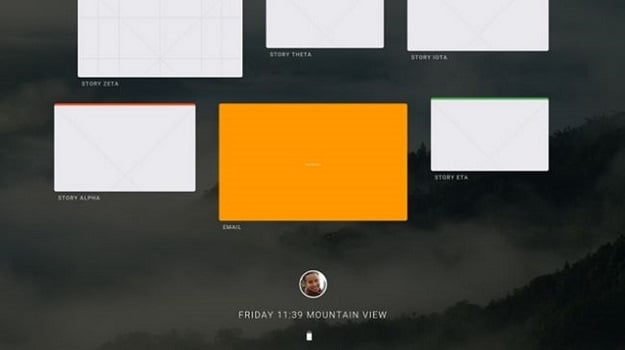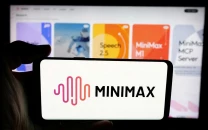Is Google replacing Android with a new OS?
Google is expected to reveal more information at the IO 2017 conference next week

The Google Pixel phone is displayed during the presentation of new Google hardware in San Francisco, California, US October 4, 2016. PHOTO: REUTERS
According to Ars Technica, Fuchsia is based on a Google-made microkernel called Magenta that focuses primarily on “modern phones and modern personal computers with fast processors”.
 PHOTO: ARS TECHNICA
PHOTO: ARS TECHNICACould this be the start of a shift in OS for Google or is it too early to take such a leap?
Pakistan, Afghanistan to use Google Maps to settle border row
Though we are still in the early speculation phase, it is possible that Fuchsia could be the beginning of a new software standard for Google-made products.
Fuchsia’s new OS builds its layout and manages widgets through a current default system UI called Armadillo.
With a vertically scrolling home screen list, the UI has the profile picture, the date and time, the location bar, and the battery icon in the centre.
 PHOTO: ARS TECHNICA
PHOTO: ARS TECHNICAThe “Stories” feature, unlike what you would find in Snapchat and Instagram, is located above the central home screen list. It is a place for your recent apps with the ability to act as a double launcher too - like a Desktop OS you can combine more than two apps in a split-screen mode.
Google tweak aims to curb fake, misleading search results
So far Google has not released any plans on how it intends to use the Fuchsia UI so far or if the new OS will make its way to devices but Google is expected to reveal more information at the IO 2017 conference next week.
For now, you can see for yourself what the new OS is all about in the preview posted below.



















COMMENTS
Comments are moderated and generally will be posted if they are on-topic and not abusive.
For more information, please see our Comments FAQ